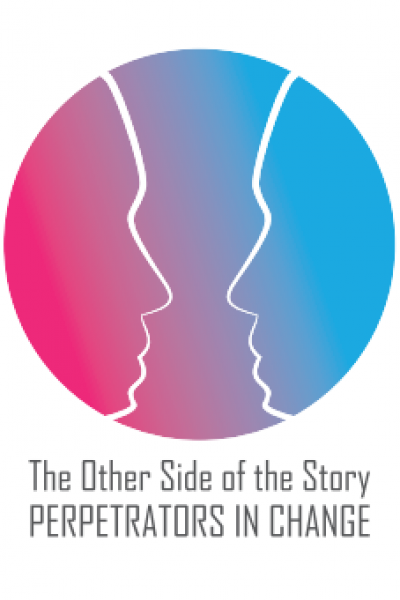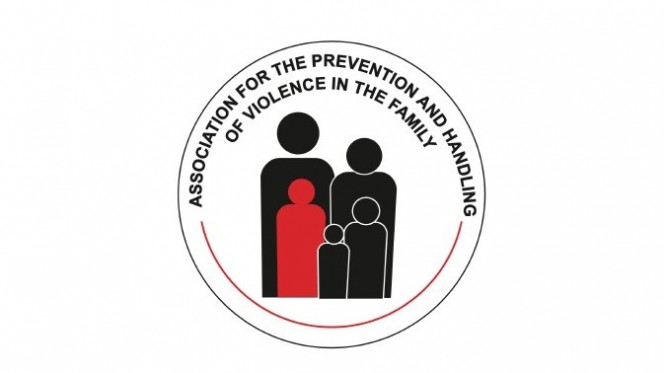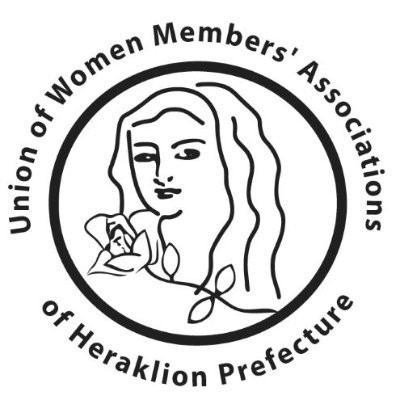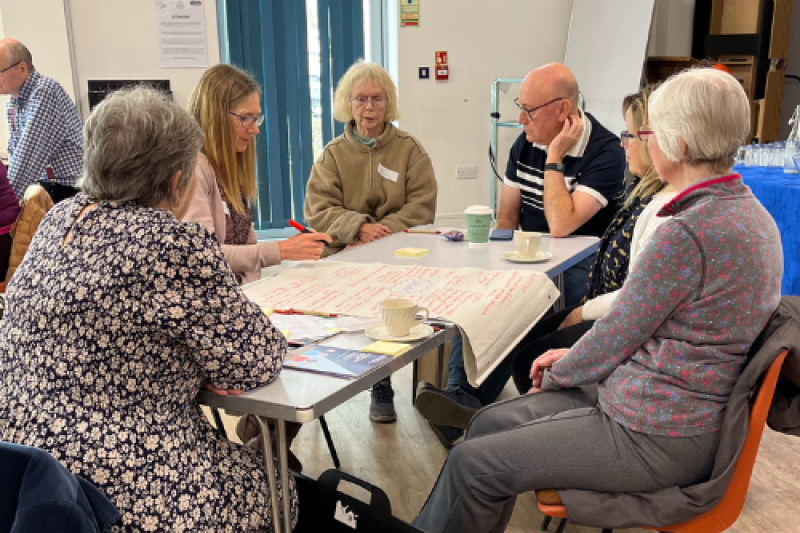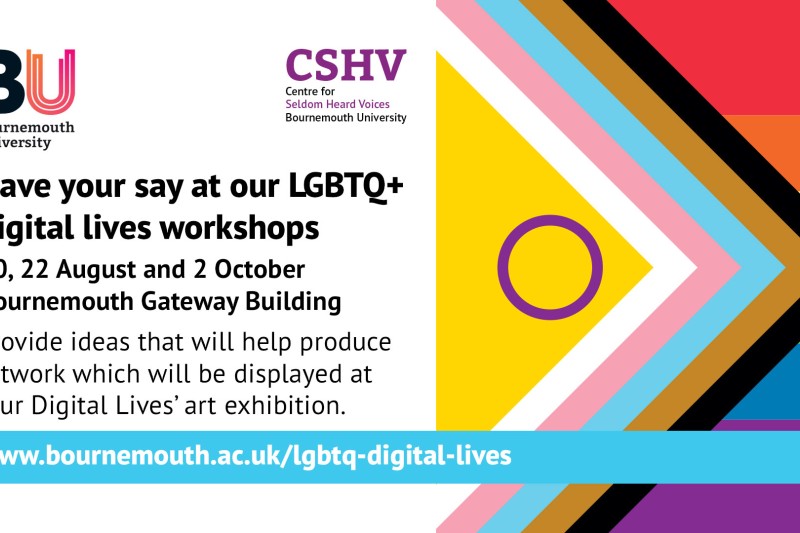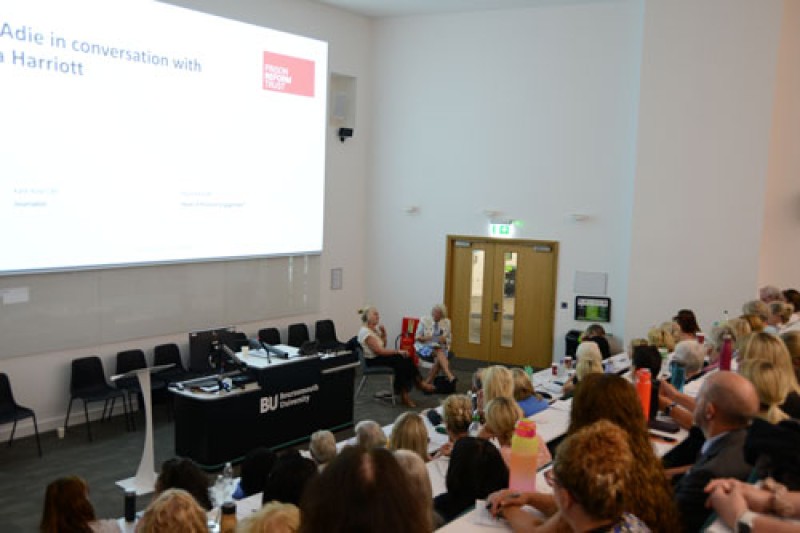Domestic Violence Perpetrator programmes play a crucial role in breaking the cycle of violence and re-offending, though the majority of interventions focus on women victims and children and removing them from harm. Most abusive men will not change their behavior without outside, structured, mandatory intervention and women and children will still be in danger if action is not taken towards the perpetrators.
The aim of this project "The Other Side of the Story: Perpetrators in Change" (OOSPC), is to prevent further domestic violence and change violent behavioral patterns by increasing the capacity of frontline workers that will further teach perpetrators of domestic violence to adopt non-violent behavior in interpersonal relationships and understand the impact of domestic violence on them, their family and community.
OOSPC was launched on 1 May 2020 and is co-funded by the Rights, Equality and Citizenship Programme (REC) of the European Union (2014-2020). It is a two year project looking at Domestic Violence Perpetrator Programmes in five European countries. Bournemouth University is one of a group of partners working together on this project, including The Association for the Prevention and Handling of Violence in the Family (APHVF) Cyprus as Coordinator, and its partners, Centro di Ascolto Uomini Maltrattanti Onlus (CAM) Italy, The Union of Women Associations of Heraklion Prefecture (UWAH) Greece, European Knowledge Spot Greece and Direcția de Asistență Socială și Medicală (DASM)Cluj-Napoca, România.
Project aims
The goals of the project include;
- improved awareness on the need of perpetrator programmes as an important element of an integrated/comprehensive approach to preventing and combating violence against women
- increasing knowledge and understanding of frontline workers of the dynamics behind domestic violence and the typical beliefs, values and tactics of perpetrators
- strengthening multi agency collaboration in the field of the project
- identifying and producing appropriate tools and events to prevent abusive practices and encourage public and policymakers to stand together against domestic violence.
